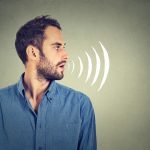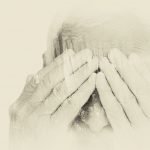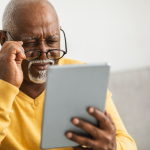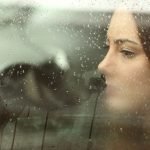Night Owls Have Wider Social Network
Node Smith, ND
Different Chronotypes and Social Network Size
More and more research data is being collected by mobile phones and the ability to connect temporarily to various phenomenon is thereby becoming easier. For instance, Talayeh Aledavood has used anonymous cell phone data to correlate different “chronotypes,” – sleeping patterns within a given 24-hour period – with the size of social network.1 The study also looked at how much contact and with what kind of chronotypes we tend toward given our own sleep habits.
Night Owls Play a More Central Role in Social Networks
Aledavood found that people who tend to get to bed later – night owls – generally had a wider social network than people who would be considered “early risers.” Night owls also were seen to play a more central role in their social networks. These individuals tended to fly with their own flock more so than early birds, interacting with other people who also stay up late. This segregation was not seen as much with those who got up early.
Tech Use Tells All
All of the information for these conclusions came from tech use. “The digital breadcrumbs our daily phone use leaves behind can be used to monitor our behavior. They provide a picture of our activities, movements, and communication,” says Aledavood. In fact, using smartphone use to determine activity can assess many things more accurately than a survey ever could. Because the majority of people are on their phones all day, periods of non-smartphone use, timing of calls, number of calls, and texts, reveal a tremendous amount about social habits. Aledavood believes that widening the study scope to entire nation groups could be possible, thus increasing the relevance of study data exponentially.
Many mental health conditions manifest sleep and social changes which could be monitored with this type of technology
Though the correlation between sleep patterns and social networks is interesting, there are wider implications of this research. Aledavood, and others who are using digital information to peek into people’s habits are interested in how these methods can be used to better understood mental health issues such as depression, anxiety and bipolar disorder. The ability to monitor social involvement is central to the development of digital applications to help diagnose and treat mental health disorders. Many mental health conditions, such as those just mentioned, manifest sleep and social changes which could certainly be monitored with this type of technology. Individuals suffering from mental health conditions could potentially be warned that their behavior is changing and prompted to seek support before they really get stuck.
Privacy is a Concern
Privacy is a central concern with this type of technological development, and though our digital lives are ultimately available for the world to see, Aledavood speaks specifically to the need for privacy with this type of research. “The data collection method we have developed has been designed to secure people’s privacy from the get-go. Privacy matters of course in all walks of our digital lives, and unlike the multitude of openly available mobile phone apps that are not scientifically validated or ethically approved, future research and clinical use of our methods will go through strict ethical evaluation. We have to be sure that a data collecting method or app is actually beneficial for a patient’s well-being and treatment,” Aledavood reminds.
- Aledavood T, Triana hoyos AM, Alakörkkö T, et al. Data Collection for Mental Health Studies Through Digital Platforms: Requirements and Design of a Prototype. JMIR Res Protoc. 2017;6(6):e110.
Photo by BRUNO CERVERA on Unsplash
 Node Smith, ND, is a naturopathic physician in Portland, OR and associate editor for NDNR. He has been instrumental in maintaining a firm connection to the philosophy and heritage of naturopathic medicine among the next generation of docs. He helped found the first multi-generational experiential retreat, which brings elders, alumni, and students together for a weekend camp-out where naturopathic medicine and medical philosophy are experienced in nature. Four years ago he helped found the non-profit, Association for Naturopathic ReVitalization (ANR), for which he serves as the board chairman. ANR has a mission to inspire health practitioners to embody the naturopathic principles through experiential education. Node also has a firm belief that the next era of naturopathic medicine will see a resurgence of in-patient facilities which use fasting, earthing, hydrotherapy and homeopathy to bring people back from chronic diseases of modern living; he is involved in numerous conversations and projects to bring about this vision.
Node Smith, ND, is a naturopathic physician in Portland, OR and associate editor for NDNR. He has been instrumental in maintaining a firm connection to the philosophy and heritage of naturopathic medicine among the next generation of docs. He helped found the first multi-generational experiential retreat, which brings elders, alumni, and students together for a weekend camp-out where naturopathic medicine and medical philosophy are experienced in nature. Four years ago he helped found the non-profit, Association for Naturopathic ReVitalization (ANR), for which he serves as the board chairman. ANR has a mission to inspire health practitioners to embody the naturopathic principles through experiential education. Node also has a firm belief that the next era of naturopathic medicine will see a resurgence of in-patient facilities which use fasting, earthing, hydrotherapy and homeopathy to bring people back from chronic diseases of modern living; he is involved in numerous conversations and projects to bring about this vision.


